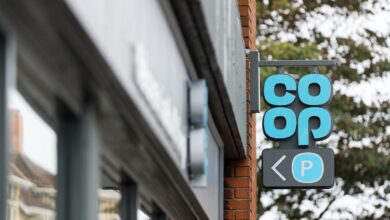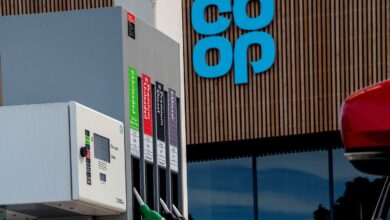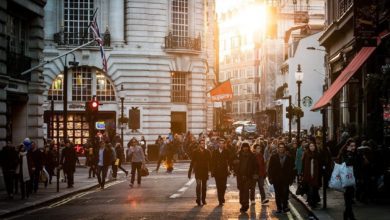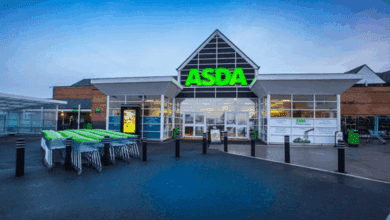Inflation jumps more than expected to 3.8%
This was up from 3.6% in June, and means that inflation is almost double the Bank of England’s target of 2%
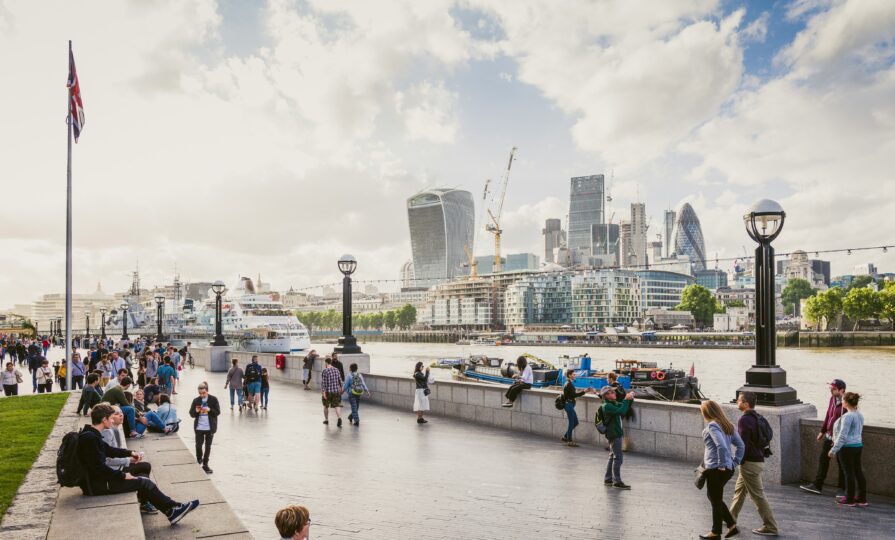
Register to get 1 free article
Reveal the article below by registering for our email newsletter.
Want unlimited access? View Plans
Already have an account? Sign in
Inflation rose more than expected in July, rising to 3.8%, the highest rate in 18 months.
On a monthly basis, it rose by 0.1% last month, compared with a fall of 0.2% in July 2024.
This was up from 3.6% in June, and means that inflation is almost double the Bank of England’s target of 2%.
The rise was largely driven by transport, particularly air fares, as transport prices soared by 3.2% in the 12 months to July 2025, up from a 1.7% rise in the 12 months to June.
This reflected a large upward effect from airfares which rocketed 30.2% between June and July 2025, compared with a rise of 13.3% between the same months in 2024.
Meanwhile, prices across restaurants and hotels rose by 3.4% in the 12 months to July 2025, up from 2.6% in the 12 months to June. On a monthly basis, these prices rose by 0.4% in July 2025, compared with a fall of 0.4% a year ago.
In addition, the 12-month inflation rate for food and non-alcoholic beverages was 4.9% in July 2025, up from 4.5% in the 12 months to June. This was the fourth consecutive increase in the annual rate and the highest recorded since February 2024, though it is still “well below” the peak seen in early 2023.
Housing and household services, particularly owner occupiers’ housing costs, made a large, partially offsetting, downward contribution to inflation however. The 12-month inflation rate for housing and household services was 6.2% in July 2025, down from 6.7% in June.
The easing of prices between June and July mainly reflected a downward effect from owner occupiers’ housing (OOH) costs, which rose by 5.5% in the 12 months to July compared with a rise of 6.4% in June.
ONS chief economist Grant Fitzner said: “Inflation rose again this month to its highest annual rate since the beginning of last year.
“The main driver was a hefty increase in air fares, the largest July rise since collection of air fares changed from quarterly to monthly in 2001. This increase was likely due to the timing of this year’s school holidays.”
He added: “The price of petrol and diesel also increased this month, compared with a drop this time last year. Food price inflation continues to climb, with items such as coffee, fresh orange juice, meat and chocolate seeing the biggest rises.”
Professor Joe Nellis, an economic adviser at accountancy and advisory firm MHA, said: “The increase, driven largely by persistent domestic cost pressures, signals that inflation is here to stay for a while longer. Given these underlying pressures, the Monetary Policy Committee will not, and should not, cut interest rates when it next meets in September. Inflation will need to show some sign of improving if we are to see any cut at all before the new year.
“Higher inflation is a worry for the Chancellor in the lead-up to the Autumn budget. For the financial markets, inflation reflects volatility, pushing up gilt yields and therefore the cost of servicing the UK’s already sizeable public debt. With the fiscal headroom already tight, this threatens to exacerbate the situation the Chancellor finds herself in.”


